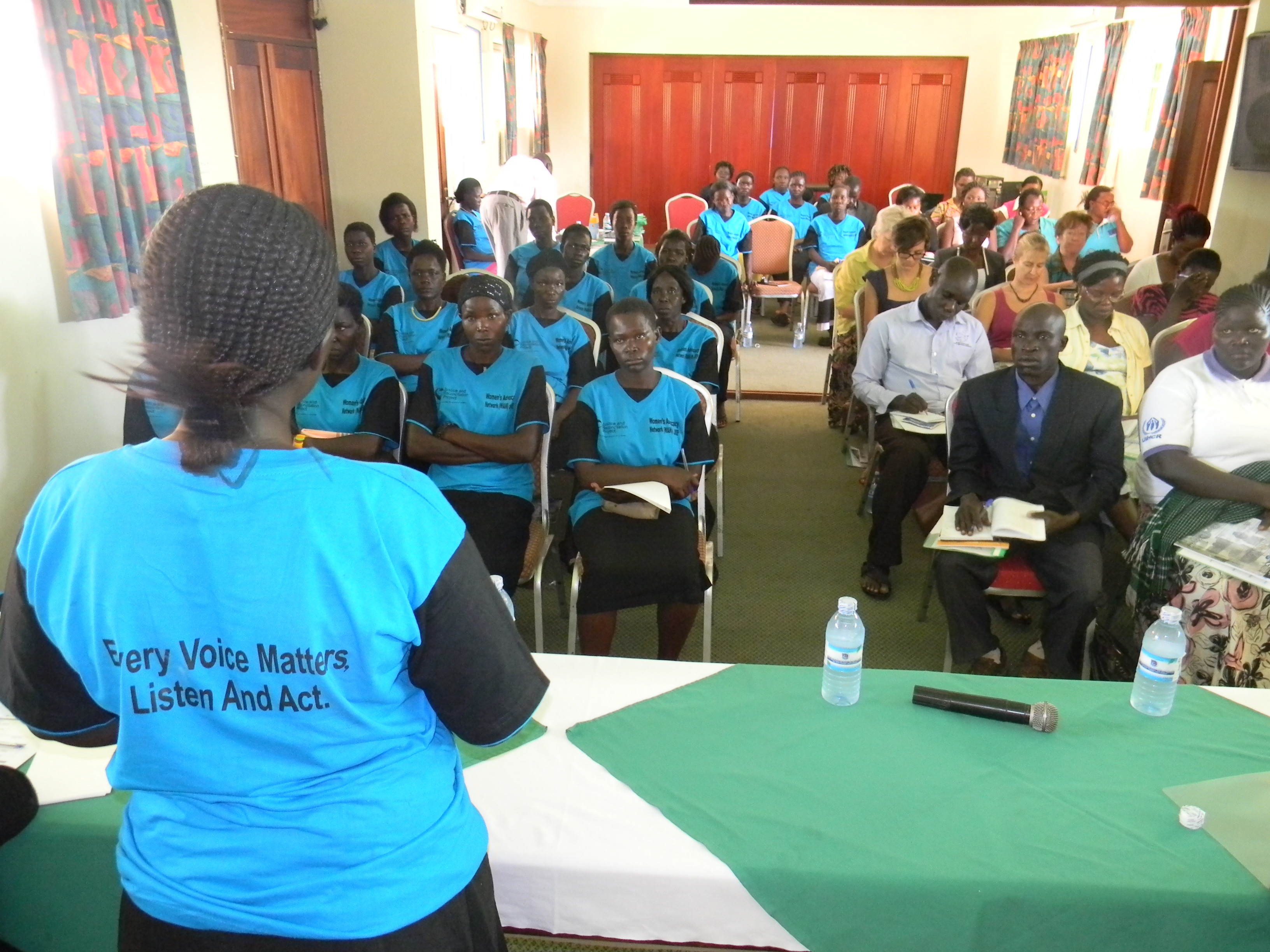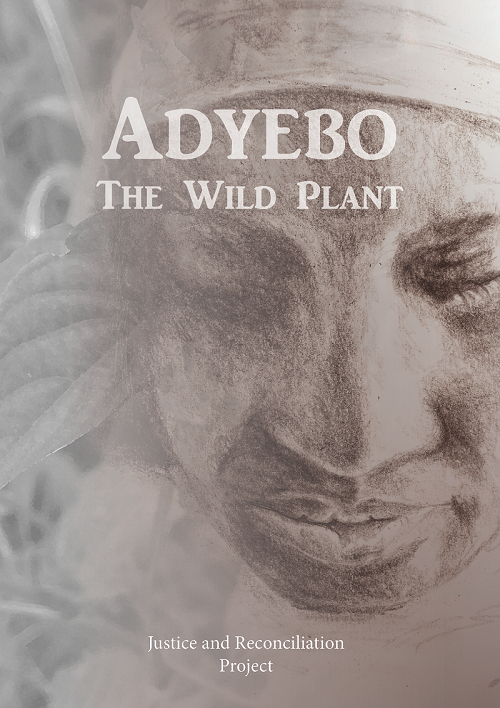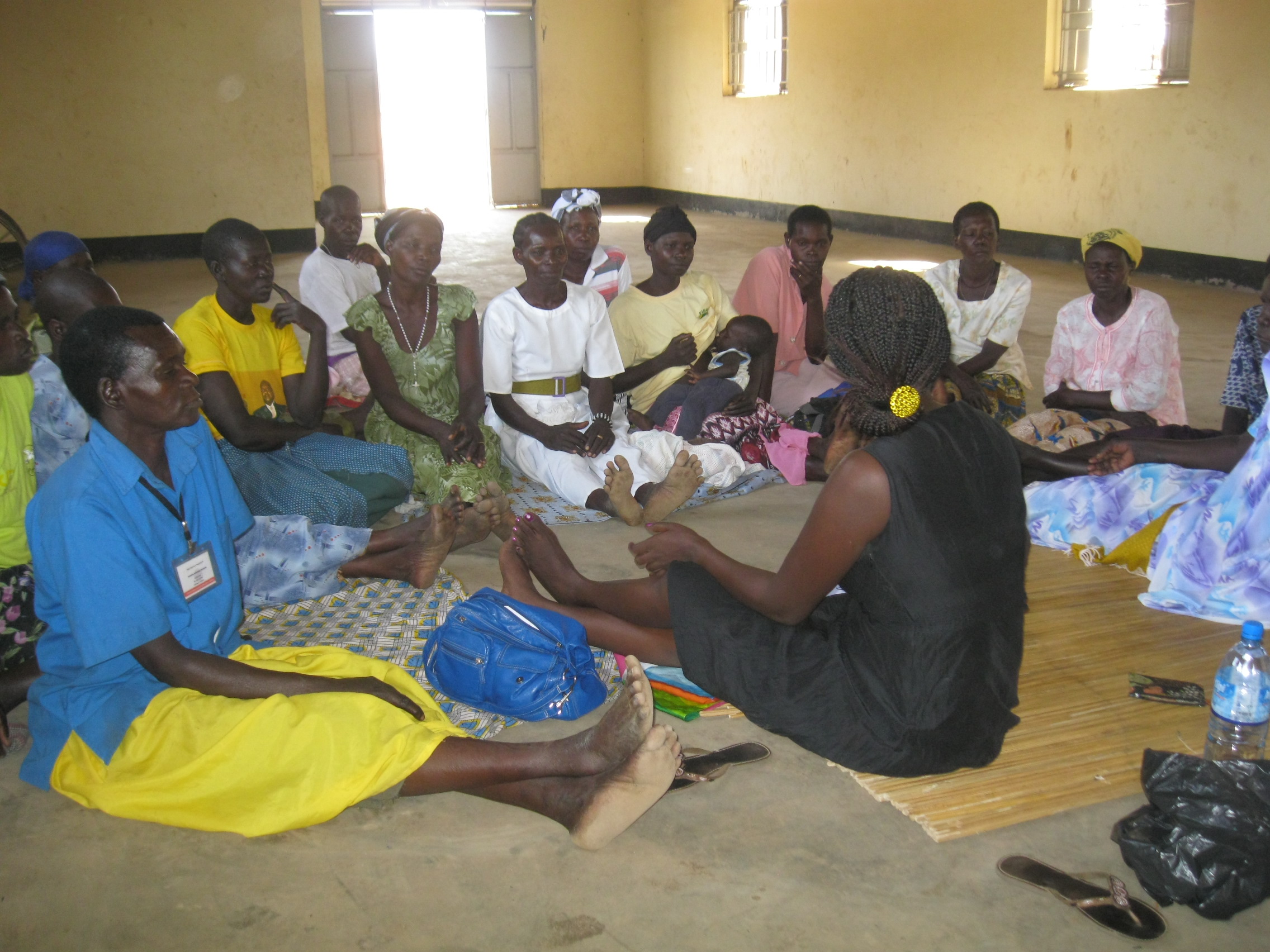It is that time of the year again when we observe the 16 days of activism against gender violence. This period gives us an opportunity to reflect as well as create awareness on gender based violence and the effect it continues to have in our communities. It is also an opportunity for us to ask ourselves the hard questions such as why after more than three decades since the adoption of the CEDAW, two decades after the declaration on elimination of violence against women and progression in both national and international arena on the rights of women, the problem of violence against women continues to persist.
This year I would like to share how circumstance of women who were formerly abducted by the Lord’s Resistance Army during the over two decades conflict in northern Uganda makes them vulnerable to abuse and violence. These women experienced horrific violations under the hands of the rebels including forced marriages and forced impregnation. Upon escape or rescue, they came back with children they bore in captivity as well as health complications as a result of either giving birth while young under harsh conditions or gun wounds and other related injuries as a result of exposure to battles. They were met by an embittered community that was not willing to accept them and their children due to their past association with rebels, their clans were not ready to accept them or give them land because they had children whose clans were unknown. As a result many of these women have left their homes and settled in town centres where they find comfort in their anonymity. With no education or skills, they cannot get formal employment and have to most of the time survive on casual labour which is not always available and does not pay much.
There was no comprehensive system put in place to assist such women integrate back to the community apart from an amnesty package that never took into consideration that they came back with children. They lack social and economic safety nets to help them rebuild their lives making them live in abject poverty yet they have to take care of children whose fathers died, are still in the bush or are unwilling to take care of their children. As a result they will look for any opportunity that would seem to provide them with economic security without worrying about the detrimental effects. This has commonly been in form of entering into “clandestine relationships” in the hope of securing basic necessities for their children. In such relationships these women and their children become vulnerable to abuse and violence. A recent study by Watye Kigen, an organisation working with children born in captivity showed that such children often become targets of abuse and discrimination in such relationships. The women stay only because they lack alternatives and become easy targets of sexual exploitation all in the name of feeding their children.
The question then becomes could these women find themselves in such situations if there was a comprehensive reintegration package put in place to help them meet their immediate needs as well as help them rebuild their lives? The importance of social and economic safety nets for women affected by war cannot be gainsaid. It is an absolute necessity if we are going to mitigate vulnerability to gender based violence in post conflict situations. It is time we made sure that responses of post conflict situations take into consideration social economic empowerment for women. When women are empowered economically, they have choices and these choices remove the vulnerability they have to abusive circumstances.






